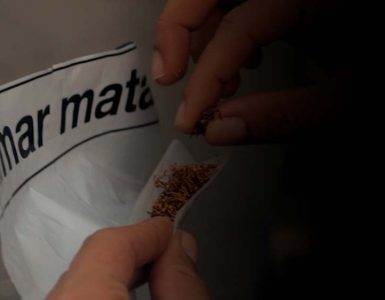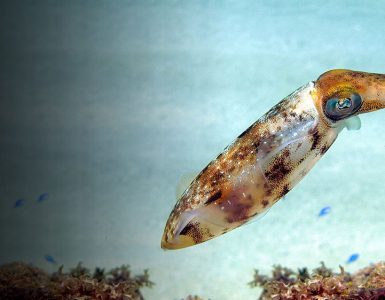Cellular genes in the human placenta are responsible for the development of many functions in the fetus and they hold the decision of cell expression. two such known genes are NOTCH1 and Hes1. A new study underwent to explore the role of such genes in the human placenta after administration of nano herbal andaliman.
In pregnancy, the changes in the placental trophoblast can be related to genetics. NOTCH1 is expressed by the trophoblast stem cells of the placenta. Notch gene functions with cell death, its proliferation, organogenesis in the fetus, and placental development. By definition, NOTCH1 is a receptor trans-membrane protein, involving in many tissue functions and activated by differentiated ligands. To the maternal body, the placental trophoblastic cells are foreign and may appear tumor-like to her body as they have the potential to invade the uterine lining and modify maternal blood vessels. The levels of NOTCH1 protein fall as the pregnancy progresses.
Since Notch is involved with the regulatory function of vascular systems in the placenta, any defect in this gene can cause variable defects in the development of the arterial system. A known disease associated with this gene is Aortic Valve Disease1. Hes1 is a vital gene involved in maintaining stem cells or cancer stem cells in a non-dividing state. Its expression done by NOTCH1 can be identified by muscle stem cells in the bone, embryonic nerve stem cells, or progenitor cells. Since Hes1 gene (among HOTCH1 pathway) facilitates the cell differentiation at the time of the decision of cell fate.
Researchers at the Department of Biology, Physiology Laboratorium, Universitas Sumatera Utara, Indonesia carried out a study to analyze the role of cellular genes (Notch-1 and Hes1) in the human placenta after being administered with nano herbal andaliman. They treated HTR-8 trophoblast cells and examined them after running RNA extraction and real-time reverse transcription-polymerase chain reaction for gene expression and histology.
The scientists found good proliferation and poor death or morphological differentiation of the HTR-8 cells. Andaliman, a known antioxidant spice was not found to be toxic to the cells. Andaliman is used as a flavoring and anti-inflammatory substance.
This study suggested a fall in NOTCH1 expression. Since Notch is involved with the choice of cell fate during development, it has a crucial role in cell differentiation, proliferation, and celldeath, it is also responsible for fetal growth. Due to the expression and activity of NOTCH 1, the target gene; Hes1 rose after incubation for 16 hours, and their levels decreased in under 16 hours incubation. The embryo with mutant Hes1 gene is believed to have premature neurons, and its proper expression is important for differentiation during the cell cycle.
This research provides a basis for the discovery of new pregnancy drugs that can target gene expression. As a notch signaling gene is important for different cellular functions like apoptosis, proliferation, organogenesis (organ development), and development of the placenta in the human embryo. The consistency of the results of treatment with nano herbal andaliman is a good sign because the fall in the expression of NOTCH1 is important for events like hypoxia and free radical stress.
Keywords:
NOTCH1, notch gene, Hes1, HTR-8, gene expression, target gene, oxidative stress, antioxidant, free radical stress, nano herbal drug, andaliman, pregnancy.
















Add comment